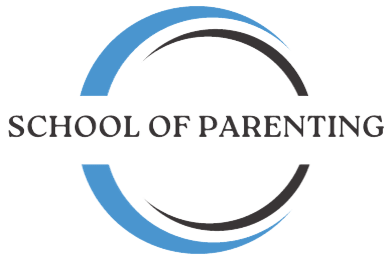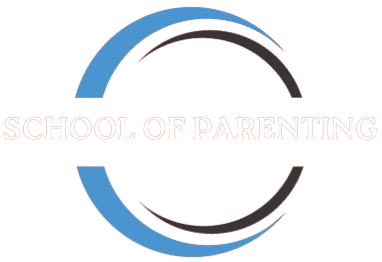Yelling often stems from a place of frustration, stress, and a lack of control. It can be a learned behaviour passed down through generations. Yelling is when parents mimic the disciplinary methods they experienced as children. According to Peggy O Mara, the way we talk to our children becomes their inner voice. When parents yell, it’s often a response to feeling overwhelmed and unable to manage their child’s behaviour effectively. This reaction is tied to our fight-or-flight response, where raising our voices is a way to assert dominance and regain control in a chaotic situation.

The Impact of Yelling on a Child
Yelling can have profound and lasting effects on children. Below are some key negative impacts
- Emotional Distress
Yelling can create a sense of fear and insecurity in children. It can lead to anxiety, depression, and low self-esteem in children.

- Behavioural Issues
Children who are frequently yelled at may exhibit aggressive behaviour, defiance, and problems with social interactions.

- Cognitive Development
Chronic stress from being yelled at can affect a child’s brain development, impacting their ability to learn and concentrate. Research shows that when there is adrenaline for fear of being shouted at, there is limited thinking capacity.

- Relationship Strain
Yelling can damage the parent-child relationship, leading to a lack of trust and a disconnect between the parent and child.

Practical Strategies to Overcome Yelling
- Self-Awareness and Reflection
The first step to change is recognizing and acknowledging that you’re a yeller. Ask yourself, why do I yell? Reflect on your triggers and patterns. When do you yell the most? What are the common scenarios that lead to yelling?

- Stress Management Techniques
Incorporate stress-relief practices into your daily routine. This could include exercise, meditation, deep-breathing exercises, or even hobbies that help you unwind.

- Positive Communication
Practise calm and effective communication techniques. Use a calm voice and clear, concise language. Instead of shouting, try to engage your child in a conversation about their behaviour and the consequences.

- Building Connection with your child: Connecting with your child will cause your child feel safe, it will help your child trust you as parents and once that trust is established, your child will be able to tell you anything unlike when they’re not talking no matter how you try to get them to talk that will eventually lead to frustration, then causing you to yell.
![]()
![]()

Dear intentional parents, understanding the reasons behind your yelling and recognizing its impact on your children is crucial for making a positive change. By adopting practical strategies and maintaining a commitment to improvement, you can transform your approach to discipline and build healthier, more respectful relationships with your children. Start by embracing self-awareness and reflecting on your triggers and patterns. Replace the belief of “I can’t help it” with a mindset of “How can I help myself change?” Seek out the necessary skills and knowledge to change your behavioural pattern. Practice stress management techniques and positive communication. Set clear expectations and consistent consequences for your children, and remember that your journey to changing your yelling habit requires time and patience.


